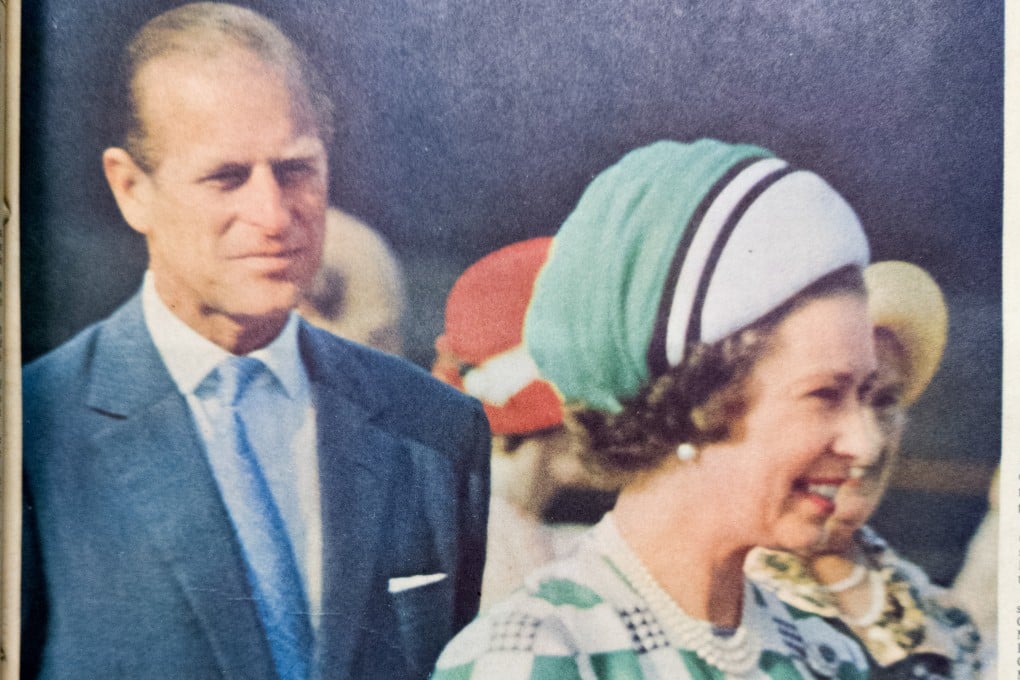My Take | Was Hong Kong a British colony? It’s complicated
- Call old Hong Kong a ‘colony’ all you want, but the real issue is whether you consider its ‘colonisation’ legitimate

To me, the question is mostly academic. As such, the history and politics of it is extremely complicated. Contrary to many Western media reports lately, the issue is not clear cut at all. On the other hand, new pre-planned secondary school textbooks for liberal studies seem to have offered a purely dogmatic claim that the city was never a colony, but more akin to an “occupied territory”. Does that mean we had been somewhat like the West Bank in Palestine? As a historical shorthand, I admit it might be easier to call Hong Kong a colony rather than an occupied territory.
So no, I wouldn’t want my own children, if they had been younger, to study those textbooks like the Bible’s, or Communist Party’s, truth. However, I wouldn’t want them to just read Bloomberg and The Guardian and conclude the whole thing has been nothing more than a concoction of Chinese communist propaganda. Well, there is an element of that, but it does not exclude a legitimate post-1949 Chinese interpretation.
Hong Kong and Macau after 1972
One argument Beijing has used is that Hong Kong and Macau were removed from the “decolonised” category of the list of colonial territories maintained by the United Nations in 1972. This happened after the UN seat representing China was taken over by the mainland from Taiwan, or the Republic of China in the year before. It was voted in Beijing’s favour in the UN General Assembly because it had majority support and sympathy from developing countries.
Based on this fact, Chinese communists have argued both territories were not “colonies” and were not recognised as such by the international community. Of course, communist China never recognised the legitimacy of what it has termed the “unequal treaties” signed after the first and second opium wars. So far as the communists were concerned, the Brits could call Hong Kong a colony all they wanted, but its colonisation was illegitimate and illegal to begin with. On that, you can’t say the Chinese didn’t have a point, unless you want to defend British imperialism or Western imperialism in general.
Still, the communists were being somewhat disingenuous. Their motive in 1972 was to make sure Hong Kong and Macau would always remain under Chinese sovereignty – regardless of when their actual rule was returned to China – so there would not be any possibility of decolonisation leading to independence for Hong Kong or Macau.
As Huang Hua, then China’s permanent UN representative, wrote to the UN’s special committee on decolonisation: “The questions of Hong Kong and Macau belong to the category of questions resulting from the series of unequal treaties left over by history, treaties which the imperialists imposed on China.
